The newest Jaguar is actually 70 years old
Eight more C-Types, the cartoon-like 1950s racing icon, are coming soon – and they’re not all spoken for yet.
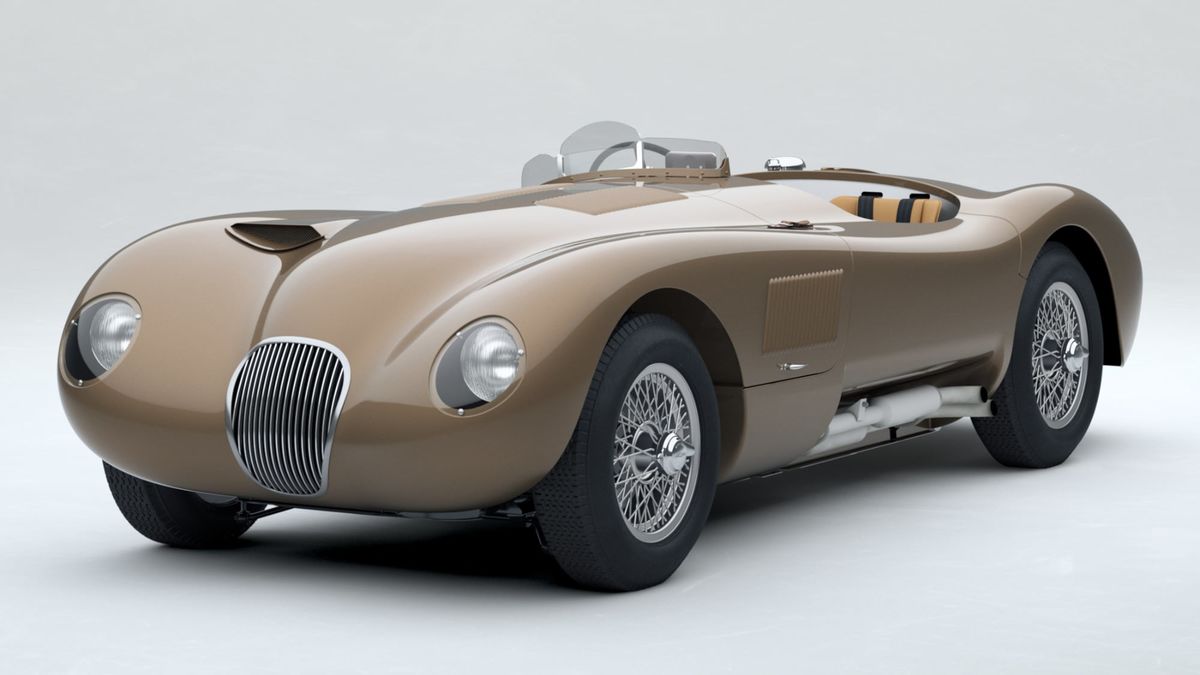
Jaguar’s classics department has announced it will make eight more of the curvaceous C-Type that was originally produced from 1951 to 1953.
The continuation cars, set to converge on a special track day in 2022 to celebrate 70 years since the original release, will be the fourth of its kind for the Coventry, England-based company.
Jaguar started developing Jaguar Lightweight E-Type and Jaguar XKSS continuation cars as far back as 2014; in 2018, it began building D-Type continuations.
Jaguar is far from the only company to cash in on the continuation business model, which grants uber-expensive, hyperlimited new cars to well-heeled fans of the brand.
In 2018, Aston Martin Lagonda announced it would make 19 fresh continuations of its classic DB4 Zagato GT from the 1960s and 25 continuations of its DB5s famed from Goldfinger.
The following year, Porsche brought back a single 993 - some would say “continued” it - to help launch a new series of Porsche 911 Turbos. The original 993 line was discontinued in 1998.
The (re)birth of a legend
Simply put, a continuation car is a vehicle discontinued from production and then produced anew by the original automaker, usually in extremely stingy amounts.
Continuation cars are neither restorations nor replicas; they are built new following the original standards and engineering plan. (Some contain modern components, however.)
As for numbering – the real key when it comes to valuing such rarefied machines – each C-type continuation will receive an entirely new chassis number and unique characters to show that it was built in 2021, rather than follow the vintage sequence.
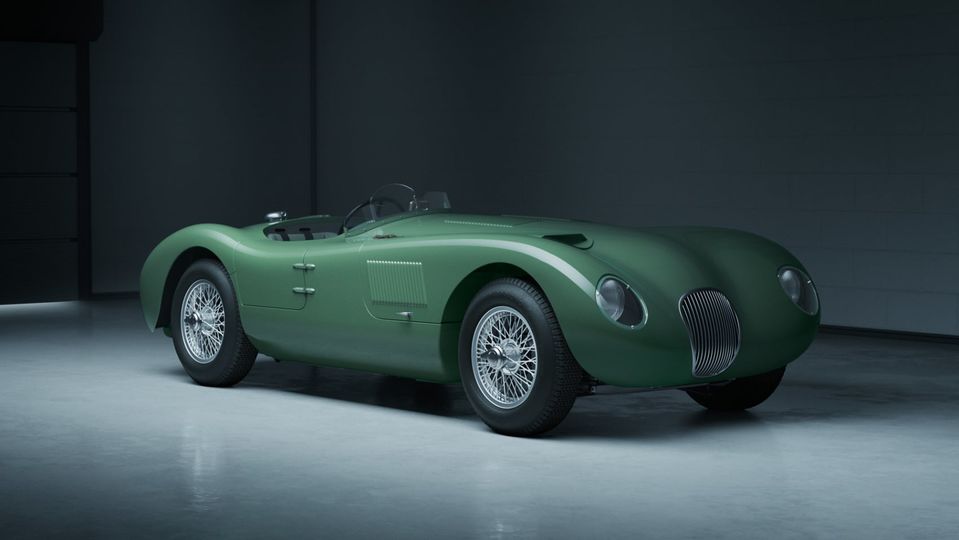
The success of the continuation as a business model remains uncontested, though Jaguar and Aston Martin both consistently decline to specify revenue or profit margins.
At the time of the D-Type launch, Tim Hannig, the director of Jaguar Land Rover Classic, said the continuations are not wildly lucrative but “do make the company money.”
Eight C-type Continuation cars will be built ahead of a racing-inspired celebration event for the owners in 2022.
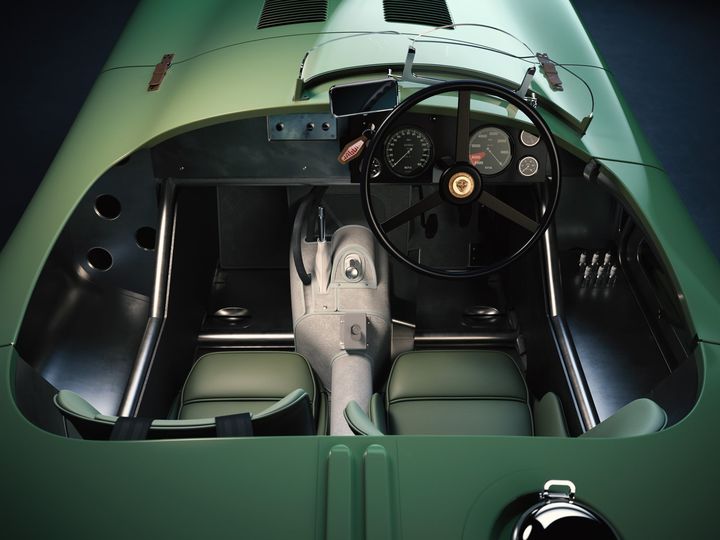
Virtually each continuation series offered from Aston Martin and Jaguar has sold out before its official announcement – even when pricing can range from the high six figures to more than US$2 million.
The consensus among collectors of the originals seems to be that continuation pieces don’t nudge their value one way or the other.
Jaguar has earned a reputation for making careful, exact continuations in extremely low batches, which helps preserve the value of the originals. (Of the 53 Jaguar C-type sports cars built in the 1950s, 43 were sold to private owners.)

“There was a lot of concern when we did the first lightweight E-Type [in 2014] - that it might deteriorate values - but the other way around happened,” Hannig said.
“Suddenly, people were talking about these cars. It promoted the car in its own right. It allows us in a different way to communicate about the past and show what we have as heritage.”
A strong track record
Originally produced from 1951 to 1953, the C-Type earned renown for its cartoon-like body, designed by artist Malcolm Sayer.
The car won the prestigious 24 Hours of Le Mans race at its debut in 1951, scoring the first of seven outright wins for Jaguar at that series.
It carried pioneering innovative disc brake technology in a revolutionary system developed by Jaguar and Dunlop.
In 1952, famous racer Stirling Moss won the Reims Grand Prix in France using the same system. The C-type won the 24 Hours of Le Mans again in 1953.
Each example of an upcoming C-Type will reflect the specifications of the 1953 Le Mans-winning car, including a 220 hp 3.4-liter inline-six engine with triple Weber 40DCO3 carburetors and disc brakes.
Additional options include an FIA-approved harness-style seatbelt, since the C-type continuations will be eligible for – and expected at – historic racing and track days.
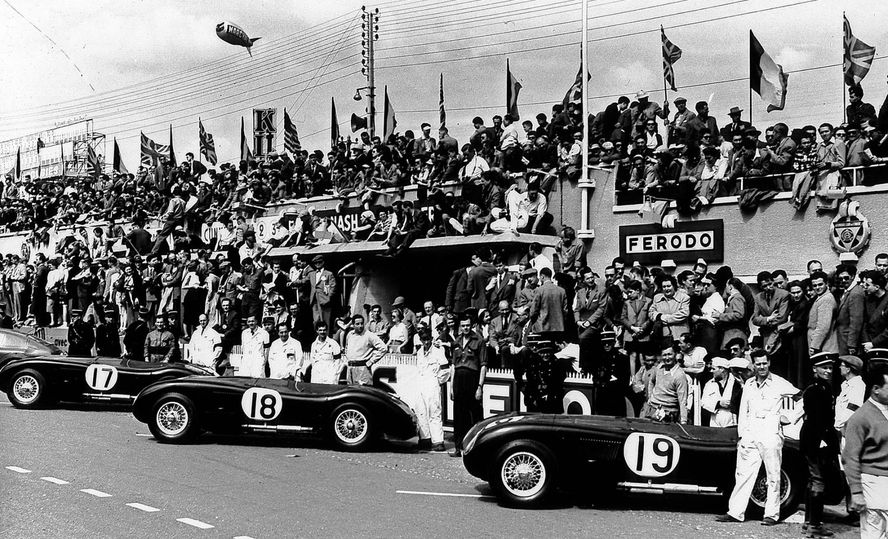
The best news yet: some C-Type continuations are available for sale, according to a Jaguar spokesperson. (Usually they sell out even before their public announcement.)
An online configuration tool allows prospective buyers to compare color and trim options from 12 exterior colors and eight interior colors available, as well as apply optional racing roundels and steering wheel badge and hood badging. Pricing is expected to start around US$1.3 million.
This article is published under license from Bloomberg Media: the original article can be viewed here
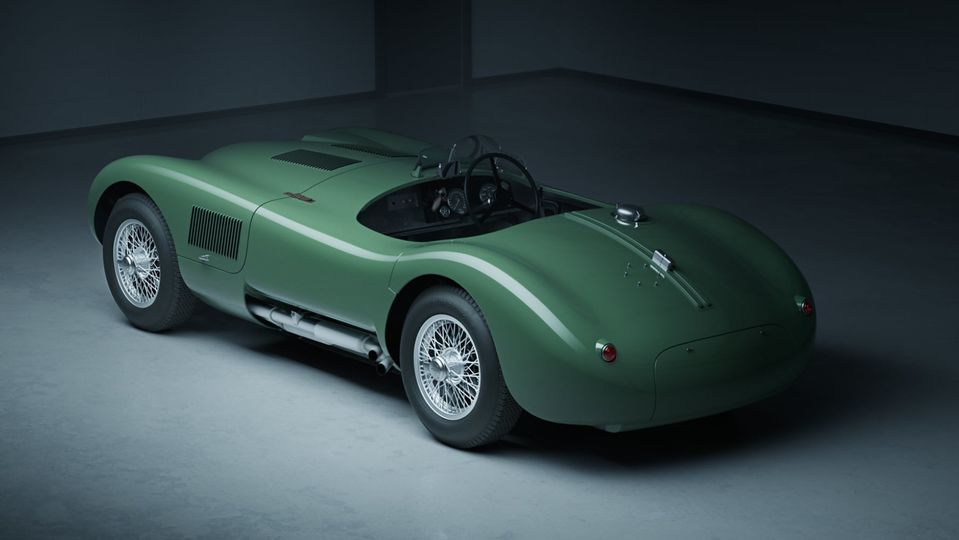
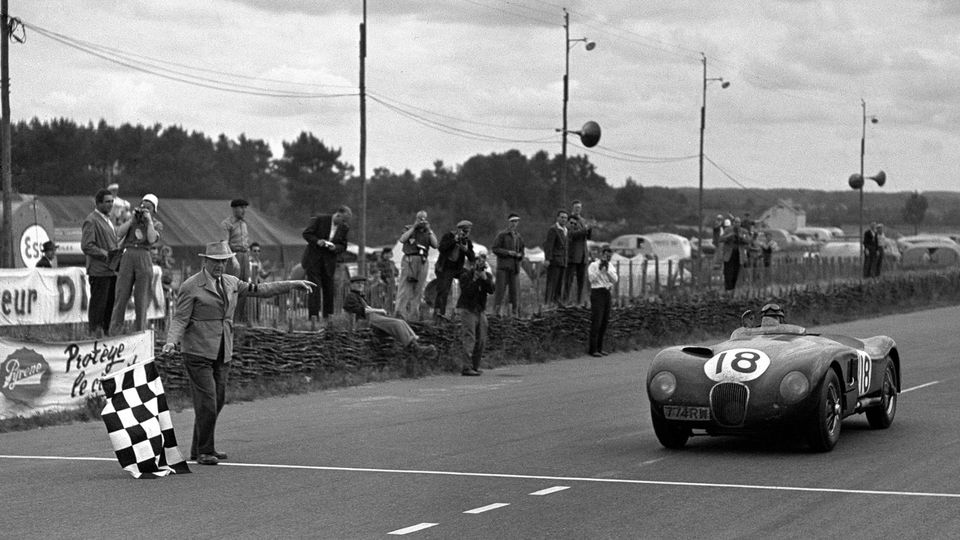

Hi Guest, join in the discussion on The newest Jaguar is actually 70 years old